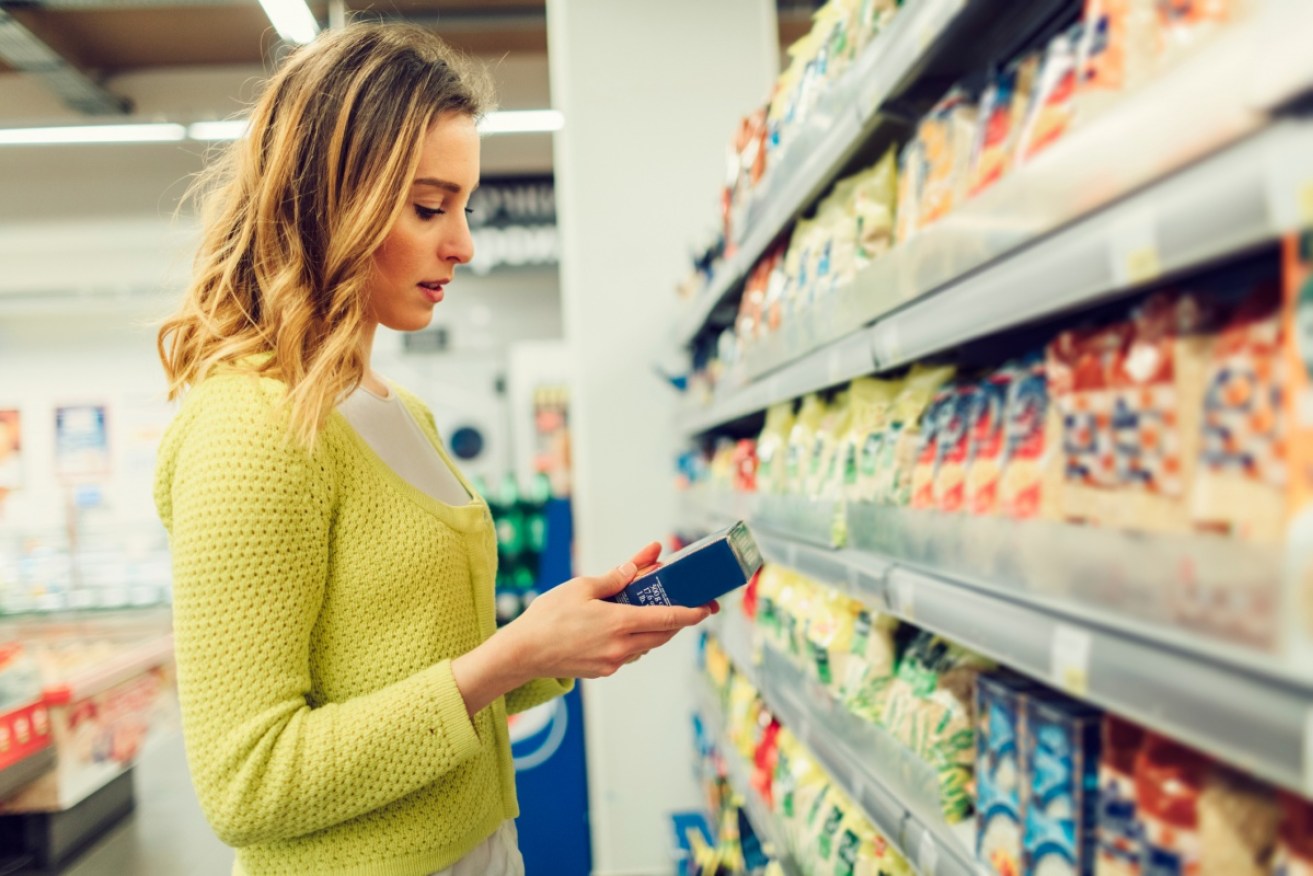‘Troubling’ levels of gluten detected in ‘gluten-free’ foods


Food makers caught selling products falsely labelled as ‘gluten free’. Photo: Getty
A number of manufacturers have been caught out selling ‘gluten-free’ foods with traces of gluten, raising concerns for people with coeliac disease whose health depends on a strict diet.
For the first time lab results released on Monday, and published in the Medical Journal of Australia, confirmed that one in 40 products – including fruit and muesli bars, noodles, crackers, rice snacks and dry pasta – failed the gluten-free detection tests.
“It’s troubling to think that these foods could be hindering the careful efforts of patients trying their best to avoid gluten,” lead researcher from the Walter and Eliza Hall Institute Dr Jason Tye-Din said.
“Patients who require a strict gluten-free diet for their treatment should be able to trust that food labelled as gluten-free is what it says it is.”
Neither The New Daily, nor the researchers, are implying the manufacturers intentionally misled consumers.
Patient advocacy group Coeliac Australia said the finding was “disappointing” but praised the majority of manufacturers who were adhering to Australian food standards for gluten-free products.

Wheat, barley, oats and rye all contain gluten and are on the ‘do not eat’ list for coeliacs. Photo: Getty
“While the researchers state that the levels of gluten detected were very low and unlikely to be harmful, Coeliac Australia is taking the matter seriously and consider this important information that can be used to assist manufacturers,” a spokesperson told The New Daily.
“People with coeliac disease should continue to have a high level of confidence in foods labelled gluten-free.
“The majority of GF foods in Australia are indeed gluten-free, and have no detectable gluten,” the organisation said.
It is not known which products failed the gluten-free tests as researchers have chosen to keep brand name information confidential.
All the manufacturers of products containing detectable gluten have been notified, the researchers said.
One manufacturer has pulled its rice snack product from Australian supermarket shelves since being made aware of the results.
‘More than an isolated event’
According to the study, more than 97 per cent of the 256 food items tested adhered to the Australian standard of no detectable gluten.
However, seven samples of gluten-free labelled products contained gluten at levels of up to 49 parts per million (ppm).
Notably, five of the seven contaminated foods still contained gluten during a second round of testing of different batches.
This suggests the issue “was more than an isolated event”, the study authors said.
In the most extreme example, one pack of gluten-free pasta contained more than 3mg of gluten in a standard single serve, which could have a harmful impact on patients with coeliac disease if consumed frequently.
Two of the products were from the same manufacturer and contained the same two ingredients.
The rice snack product, which has since been recalled, contained 24ppm of gluten, which is the equivalent of 20g of gluten per single serving.
All gluten-free products sold in Australia, regardless of origin, must be tested to have no detectable gluten as per the Food Standard Australia and New Zealand (FSANZ). In the UK, USA and Europe, the cut off for gluten-free products is 20ppm.
The researchers said the products were obtained from 16 large retail supermarkets in and around Melbourne.
They also collected food items from 10 discount or independent supermarkets, and one specialty health food supermarket.
Coeliac Australia, which supported the study, told The New Daily it does not know which brands failed the gluten-free tests and will not be requesting this information from the researchers.
Health risk higher when ‘dining out’
According to Coeliac Australia, a person is more likely to be exposed to harmful amounts of gluten when dining out than eating non-compliant packaged foods.
An earlier investigation, supported by Coeliac Australia, revealed that one in 11 samples of gluten-free foods sold at Melbourne restaurants and cafes were contaminated with gluten at levels that could prove harmful to people with coeliac disease.
The testing was conducted at 127 food businesses across the Victorian state capital.
“We are advised that in the case of the food item with 49ppm [dry pasta], it would still require multiple serves daily for many months to reach levels that could potentially cause harm,” the Coeliac Australia spokesperson said.
People with coeliac disease are advised to have regular medical check-ups to review their gluten-free diet and monitor any developing health problems.
Untreated coeliac disease can cause inflammation and damage to the intestine, and affect bones, joints and organs.
A life-long gluten-free diet is the mainstay treatment for coeliacs.
In October, Australian researchers announced they are in phase two of trials for a world-first vaccine for coeliac disease. If proven successful, the experimental vaccine could wipe out the need for gluten-free diets in some patients.








